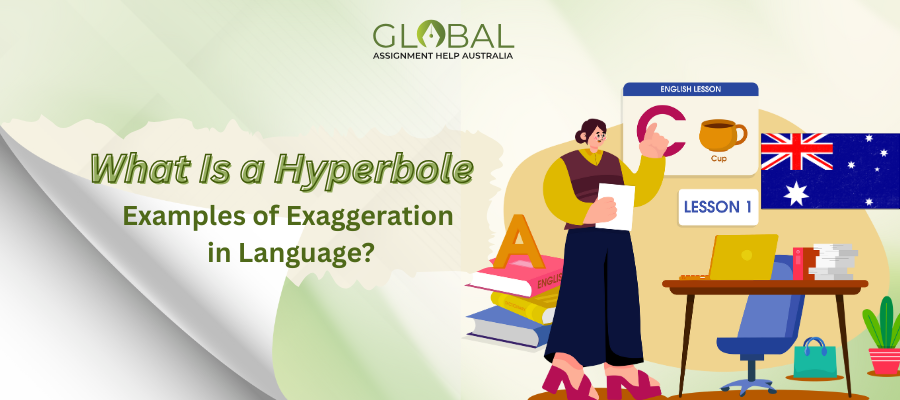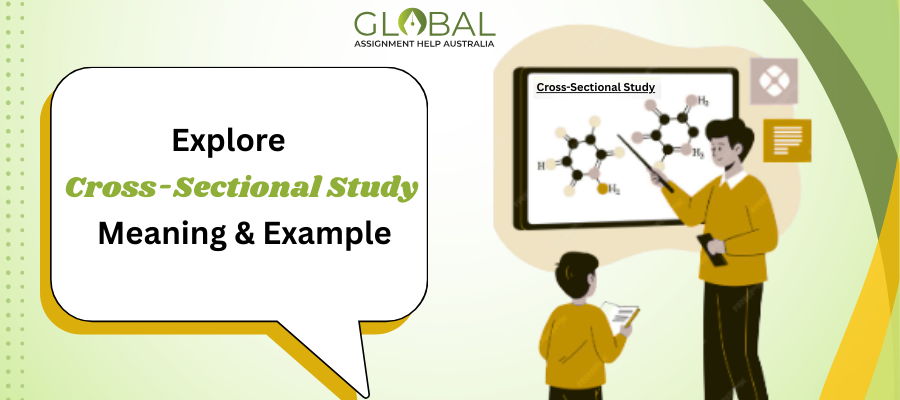 Offers
New
Order Now
Offers
New
Order Now
You know what is the best type of learning? Well, when you learn a lesson from your own experiences. It is a human nature. Moreover, a person who has been betrayed or made a big mistake will always take care of that thing in the future. It is what Kolb's reflective cycle teaches you. It asks you to write an essay by reflecting on your experiences to give it a personal touch.
Therefore, if you are unaware of this theory, do not worry! We are here for you. Moreover, you must have heard that an expert is always ready with the answers if you are asking the right questions. So, the first thing is to understand the meaning and origin of this reflective cycle. Read the next part and enhance your learning.
Kolb's learning cycle is also known as the experimental learning theory. It explains that everyone can learn through their experiences. You can use this theory to structure your reflective essay and develop adaptability through personal and professional experiences. It was the meaning of this learning cycle. Do you know about its origin? Do not worry! Let's have a glance at it, too.
Kolb's cycle of reflection was created by David A. Kolb in 1884. He was an American educational theorist. It is a model that is designed to assist individuals to learn from their experiences. Kolb was inspired by the work of two great psychologists, Kurt Lewin and John Dewey.
Moreover, then he developed his own experimental learning theory. We hope you have understood the meaning and origin of this cycle. Well, let's move ahead to the next part and learn the four stages of it with examples and questions. To understand the stages many of you find it a struggle and then seek online assignment help. But, let's get a permanent solution to your problem.

Do you know the four stages, and how can you use them in any situation? Do not worry! In this part, we will discuss briefly the stages of Kolb's learning cycle, questions and examples.
Concrete experience is the first stage of Kolb's reflective cycle. In this, you need to think of the experience or situation, you want to reflect on. Moreover, here you need to focus on explaining the whole scenario. You might query as follows:
After this, you need to keep the focus on what you have learned or observed during the particular situation. In addition, you can also showcase the perspective you were having before and after the experience. You can inquire by the following:
The third stage of Kolb's learning cycle is abstract conceptualization. In this, you need to focus on the experience and with this, on the new learning, you have adapted from this. Also, with this, you have to ensure to attain the SMART goals in the reflective practice. Follow up with the queries stated below:
Active experimentation is the last stage in the reflective practice. Here, you imply an in-depth knowledge of what you have acquired from the new learning. Moreover, this stage will assist you with various strategies to deal with. The attached questions below will be helpful for you at this stage.
l How did you put this new idea into practice?
l How will you adapt your actions or improve your skills?
l What did you do when you arose similar situation again?
Are you still unable to understand the four stages of the reflective practice? Do not worry, we are here with an instance for better clarity. Therefore, let's have a look at the Kolb's reflective cycle example:
Concrete Experience: (doing/ having an experience) Completed a class project.
Reflective Observation: (Reviewing/ reflecting on the experience) You think about what went well or not so well.
Abstract Conceptualization: (learning/concluding from the experience) Understand why things happened.
Active Experimentation: (trying out/ Planning what you have learned) Wish to make it better next time.
These were the four stages and their questions and examples that have clarified a lot of things running in your head. Now, it will be easy for you to deal with any experiences and can write an outstanding essay. Well, let's learn the pros and cons of this cycle to make things more clear.
Also Read: Gibbs' reflective cycle
Are you trying to implement the four stages discussed above? Wait, before this, it is a must to have a glance at the benefits and drawbacks of the reflective cycle. This will help you to understand what things to keep in mind while implementing this theory in any situation.
|
Advantages |
Disadvantages |
|
Students can differentiate the stages of the learning style and can easily adapt the strategies. |
Do not provide much freedom when it comes to structuring the elements of reflection. |
|
It assists in focusing on individual development in a particular manner. |
Some learning styles are still missing, like societal, gender-based and more. |
|
It aids in conducting an informative reflection on experiences. |
It oversimplifies the learning process and lacks evidence of its effectiveness. |
Till now, you have learned about the meaning, origin, pros and cons, stages, examples and questions. Well, after going through all of this students still face queries. Therefore, it is the right time to discuss these doubts.
Is your mind running around the queries of Kolb's reflective model? Well, below are a few questions that can help you get out of these doubts. Go through the most popular and frequently asked questions about the cycle to have a better understanding.
1. Why is Kolb's Learning Cycle Important?
2. What Are the Learning Dimensions of Reflective Cycle?
There are four learning dimensions of the reflective cycle:
3. Can You Give an Example of Using the Reflective Cycle?
Kolb's reflective cycle example: An athlete can get involved in reflective practice by wondering about mistakes made during a training session. Also, figuring out ways that can help you avoid making those errors in the future.
4. What Is the Difference between Kolb's & Gibbs' Reflective Cycle?
|
Kolb's Reflective Cycle |
Gibbs' Reflective Cycle |
|
It is a cycle that consists of four stages:concrete experience, reflective observation, abstract conceptualization, and active experimentation. |
It is a cycle that consists of six stages: event, feelings, evaluation, analysis, conclusion, and action plan for the future. |
|
It emphasises developing learning from experience and applying new knowledge. |
It focuses on emotion and in-depth analysis of experience. |
5. How to Use Reflective Cycle for Career Preparation?
Yes, you can use this cycle of experiences in college, like internships or group projects. It can help you to identify strengths, skills and areas for improvement. It prepares you for job interviews and also enhances your learning by showcasing your ability to learn and adapt.
Hope we have answered all your questions and doubts. However, if you still have any other questions or need more help with the Kolb Reflective Cycle assignment. Go through the next section to get instant help.
We hope you will love the way our experts have provided you with essential information about Kolb's reflective cycle. Still, if you have any questions running in your mind, then do not fret. We have professionals who will assist you in understanding this theory and can provide you with references for your essay to make things sort. They can also clear your all doubts whether it be for essays, assignments or homework.
So what are you waiting for? Consult us today. Further, you can apply experimental learning to grasp the topic well. If you still need clarification or are unable to complete your academic task avail yourself of our writing services. You must seek Global Assignment Help Australia to get your work done by the submission date.
You May Also Like To Read -
Difference between Assessment and Assignment?
ROLFE Reflective Model: Its Important Stages and Reference Examples
Driscoll Model of Reflection: Important Stages with Meaning and Significance

Grab this exclusive offer and start your journey to savings today! Act quickly, as this special offer won't be around for long!

This blog explains what is a hyperbole, provides engaging examples, & explores how to use hyperbole.

Explore 150+ funny debate topics to spark laughter, creativity, and lively discussions in 2025

Cross-Sectional Study basics explained with steps, examples, and comparisons.
Limited Time Offer
Exclusive Library Membership + FREE Wallet Balance
1 Month Access !
5000 Student Samples
+10,000 Answers by Experts
Get $300 Now
Update your Number
